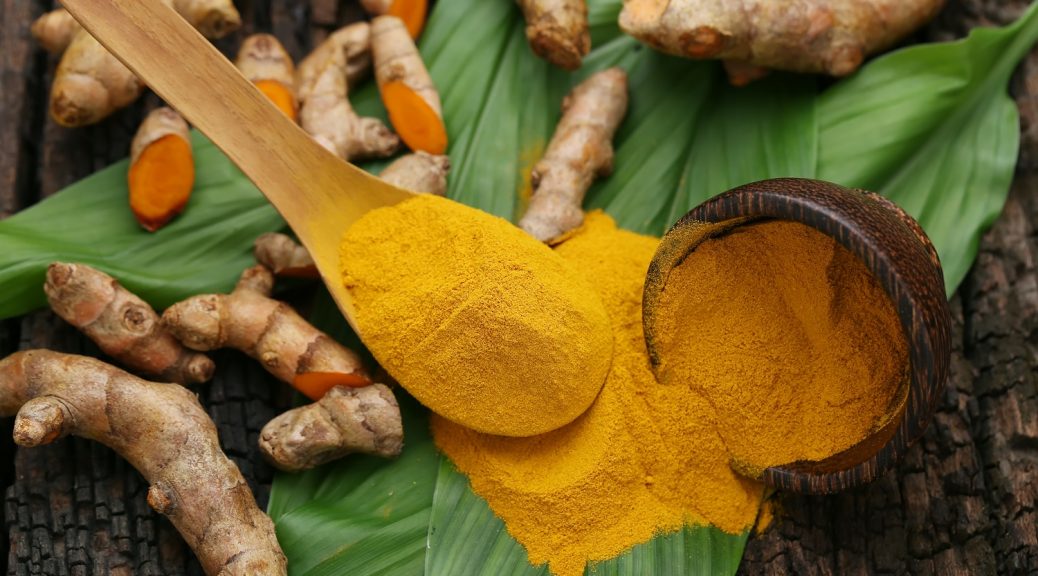
Best Supplements for Type 2 Diabetes
By medical nutritionist Dr Sarah Brewer, an expert in food, herbs and supplements
Type 2 diabetes is a complex condition that can be improved by nutritional approaches. Following a wholegrain, high-fibre, low-glycaemic, Mediterranean-style diet that focusses on vegetables, berries, nuts, seeds, fish and olive oil is ideal. The good news is that dark chocolate, cocoa powder and spices such as cinnamon, ginger, fenugreek, turmeric, cumin and coriander all have some evidence for improving glucose control too.
While diet should always come first, the following supplements are also used to help support type 2 diabetes that is managed by diet and lifestyle alone. If you are taking any prescribed medications, it’s important to seek advice from your doctor before taking any supplements.
Chromium deficiency is linked with poor glucose tolerance and appears to be a risk factor for type 2 diabetes. Chromium increases the number of insulin receptors and activates them to improve insulin sensitivity and optimise glucose uptake into cells. Chromium is also needed to produce energy from glucose and may suppress hunger pangs through an effect on the satiety centre in the brain. The EU has authorised a health claim that chromium contributes to the maintenance of normal blood glucose levels.
Low magnesium levels are also associated with an increased risk of developing diabetes. In one study involving almost 638,000 people, those with the lowest magnesium intakes were 17 percent more likely to develop type 2 diabetes than those with the highest intakes. Good intakes of magnesium are also associated with better glucose control in type 2 diabetes.
Cinnamon also improves glucose tolerance through an effect on insulin receptors. The results from 10 trials show that cinnamon doses of at least 120mg per day significantly reduced fasting blood glucose levels within four weeks. Even drinking cinnamon tea can help.
Turmeric (curcumin) has beneficial effects on pancreatic cells to improve the release of insulin and activates insulin receptors to reduce insulin resistance. Turmeric also has antioxidant effects that may protect against some of the complications of diabetes.
Co-enzyme Q10 may improve the function of insulin-producing cells within your pancreas. The ‘body ready’ form known as ubiquinol, has been shown to improve glucose control by improving insulin secretion.
Ginger supplements (taken at a dose of two grams per day) significantly reduced fasting blood glucose levels and HbA1C within 10 weeks, compared with placebo.
As an antioxidant, vitamin C reduces some of the damage caused by raised glucose levels. As vitamin C can affect HbA1c blood tests and urinary glucose tests, however, always tell your doctor if taking it.
Alpha-lipoic acid increases the uptake of glucose into muscle cells and helps to protect against nerve and kidney damage.
Bilberry extracts help to protect the eyes against complications including diabetic retinopathy and cataracts.
Pine bark extracts (pycnogenol) and ginkgo biloba improve circulation through tiny blood vessels and may also improve insulin resistance.
A bout Dr Sarah Brewer
bout Dr Sarah Brewer
Dr Sarah Brewer is a medical nutritionist and an expert in food, herbs and supplements. She qualified from Cambridge University with degrees in natural sciences, medicine and surgery. After working in general practice, she gained a master’s degree in nutritional medicine. Sarah is a licensed medical doctor, a registered nutritionist and a registered nutritional therapist.
Subscribe to her newsletter to get a FREE 46-page PDF Do You Need A MultiVitamin? at nutritionupdates.subscribemenow.com. For more information on diet, supplements and herbal medicines for type 2 diabetes, visit www.DrSarahBrewer.com.
www.ExpertHealthReviews.com and www.MyLowerBloodPressure.com.